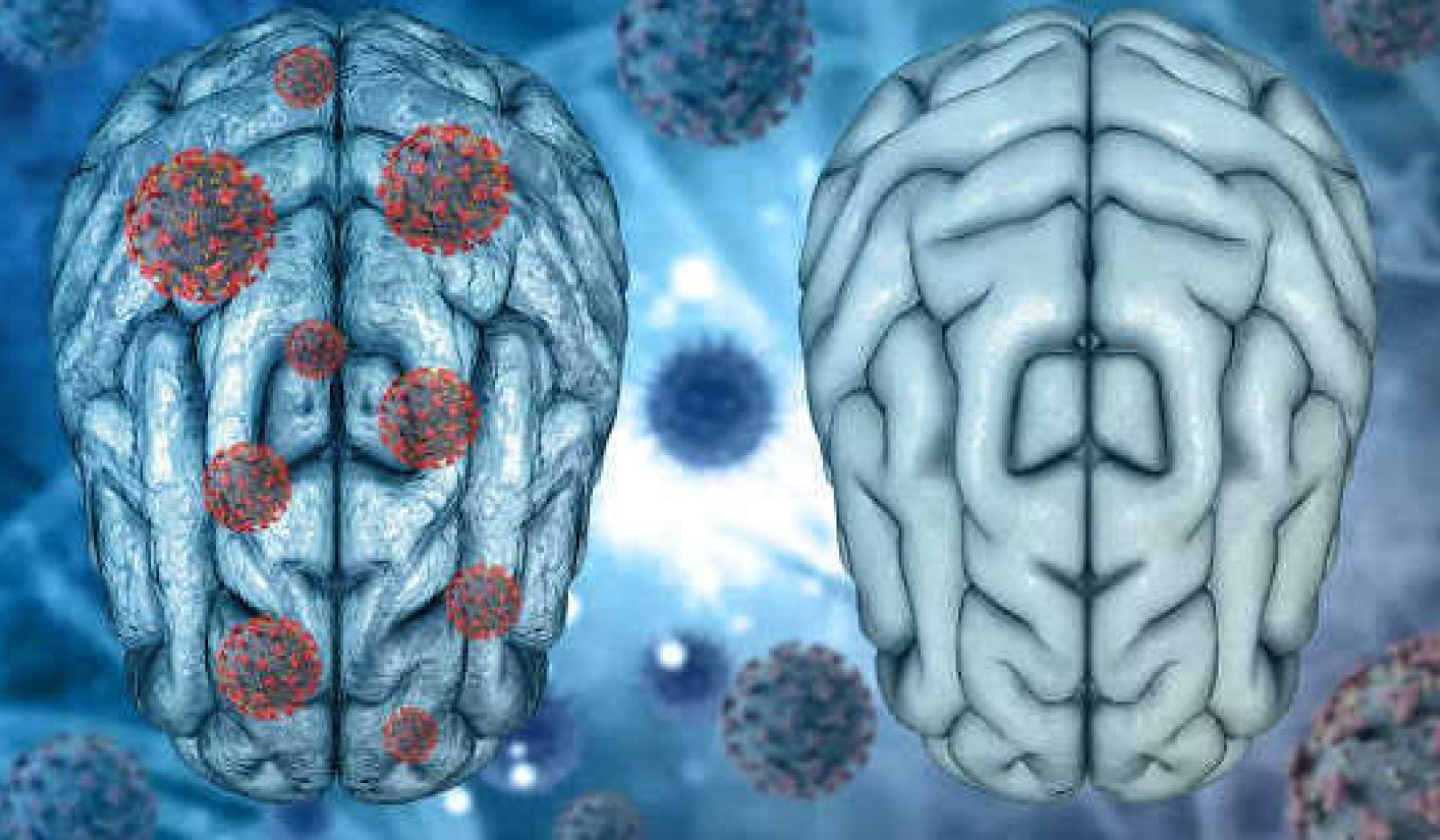
Image by Steve Buissinne
Though winter may bring you down, the food you eat can play a significant role in how you feel emotionally, dietitians say.
If you tend to turn to food for comfort, Catherine Nay and Megan Brown, registered dietitians with Michigan Medicine’s Weight Management and Obesity Program, explain there may be ways to harness the mood-boosting powers from within the foods you eat and beverages you drink that could positively support your mood and overall well-being.
“Since there’s no single food or nutrient that can prevent depression, consuming a variety of vegetables, fruit, lean protein, low-fat dairy, and whole grains will ensure adequate intake of vitamins and minerals, which are necessary for good health,” says Brown.
To harness some of their feel-good benefits during the winter, Nay and Brown say to consider incorporating the following list of nutrients into your day with examples of foods and beverages to try:
1. Tryptophan
You have probably heard that turkey makes you sleepy. And there’s some truth to it! Tryptophan, found in turkey, is an essential amino acid, meaning your body cannot produce it and you must obtain it from dietary sources.
Tryptophan is a precursor to serotonin, an important neurotransmitter that the brain produces that plays a role in sleep, appetite, and impulse control. Increased levels of serotonin can actually help elevate mood, but serotonin production is limited by the availability of tryptophan. If you don’t like turkey, you can find tryptophan in nuts, milk, salmon, eggs, soy products, and spinach, too.
2. Magnesium
Not only does spinach contain tryptophan, but it’s also high in magnesium, which can support sleep and play a role in reducing anxiety, according to Nay. Other sources of magnesium include nuts, whole grains, and legumes.
3. Phytonutrients
Foods high in sugar can temporarily elevate your blood sugar. However, when your blood sugar drops, so can your mood. Instead of a high-sugar dessert, Nay advises opting for fruit or dark chocolate (in moderation).
“Berries contain phytonutrients, which help protect the brain from the impact of stress,” says Nay. “Dark chocolate also contains cocoa flavanols, an antioxidant that’s been shown to reduce inflammation and inflammation has been linked to depression.”
4. Omega-3 Fatty Acids
Similar to phytonutrients, omega-3 fatty acids found in fatty fish like salmon, sardines, lake trout, and albacore tuna, can also help reduce inflammation in the body. The American Heart Association recommends consuming fish twice a week, but if you don’t like fish, Brown says flax seeds, chia seeds, and walnuts also contain this healthy fat.
5. Polyphenols
Beverages, especially caffeinated varieties, are another part of your diet that can secretly affect your mood.
“Caffeine is a stimulant, and it can affect each individual differently,” says Brown.
Although it can interfere with sleep or contribute to feelings of anxiety, in moderation it may actually help to boost your mood. Coffee, tea, and wine (in moderation) all contain beneficial plant polyphenols, which are powerful antioxidants that can decrease inflammation in the body.
According to Nay, drinking more water can also help your mood, since even mild dehydration can make you feel down in the dumps.
{vembed Y=p3L9tkYXT9c}
About the Authors
Source: Jordyn Imhoff for University of Michigan. Catherine Nay and Megan Brown, registered dietitians with Michigan Medicine’s Weight Management and Obesity Program






















